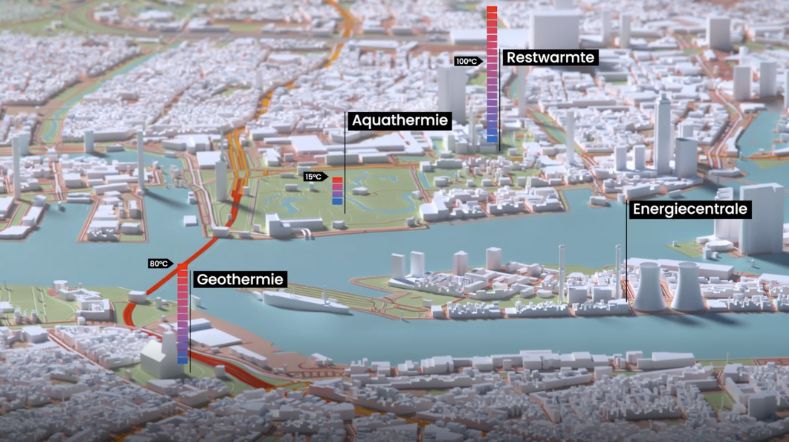TNO estimates CO2 storage capacity beneath the North Sea
The European Commission and the Dutch government aim to be climate neutral by 2050. For the greenhouse gas CO2, this means minimising emissions as much as possible and compensating for any remaining emissions by removing CO2 from the atmosphere. Capturing CO2 from industrial sources and storing it permanently underground is essential to achieving this goal. Research by TNO shows that depleted gas fields beneath the North Sea offer sufficient storage capacity for several decades.
Empty gas fields and aquifers offer opportunities
In addition, aquifers beneath the North Sea also show potential for CO2 storage. An aquifer, also known as a water-bearing formation, is a layer in the subsurface composed of porous rock or sediment, such as sand or gravel. An aquifer can store and transmit water (and sometimes other fluids or gases). Thanks to these properties, flow can occur within an aquifer.
Reports
Do you want to read the full reports?
Download the report 'CO2 storage capacity in depleted gas fields offshore the Netherlands (pdf)'.
Download the report 'A map-based analysis of the theoretical CO2 storage capacity in the Rotliegend aquifer of the Dutch offshore (pdf)'.
In the Netherlands, CO2 can be stored underground in both depleted gas fields and aquifers beneath the North Sea. The Geological Survey of the Netherlands (part of TNO) conducted a study for the Ministry of Climate and Green Growth (KGG) to estimate the available storage capacity. The study took into account recent developments in CO2 storage and transport infrastructure in the Netherlands.
CO2 storage in depleted gas fields and aquifers
Several Dutch projects, such as Porthos and Aramis, are being developed to store CO2 in depleted gas fields beneath the North Sea. The Netherlands has approximately 200 offshore gas fields. Calculations carried out by TNO show that between 40 and 130 fields may be suitable for CO2 storage, with a potential storage capacity of approximately 1,260 to 1,750 million tons of CO2. CO2 can also be stored in aquifers.
According to a preliminary estimate by TNO, the Rotliegend rock, which is suitable as an aquifer, could potentially store between 990 and 3,650 million tons of CO2. The Rotliegend aquifers consist mainly of sandstone. This gives them the property of being able to transmit fluids and gases, making them suitable for storage. To realize this capacity, spatial planning in the North Sea is crucial. If space is allocated for other purposes (such as wind farms), the total storage capacity will decrease.
International demand for storage capacity
The possibilities for CO2 storage within Europe vary by country. In countries such as Germany, France, and Belgium, the potential for large-scale CO2 storage is limited compared to the Netherlands. Capturing CO2 from these countries will likely lead to a significantly higher demand for CO2 storage capacity beneath the Dutch North Sea. In this case, CO2 storage in aquifers could provide a solution by offering additional capacity to meet this demand.
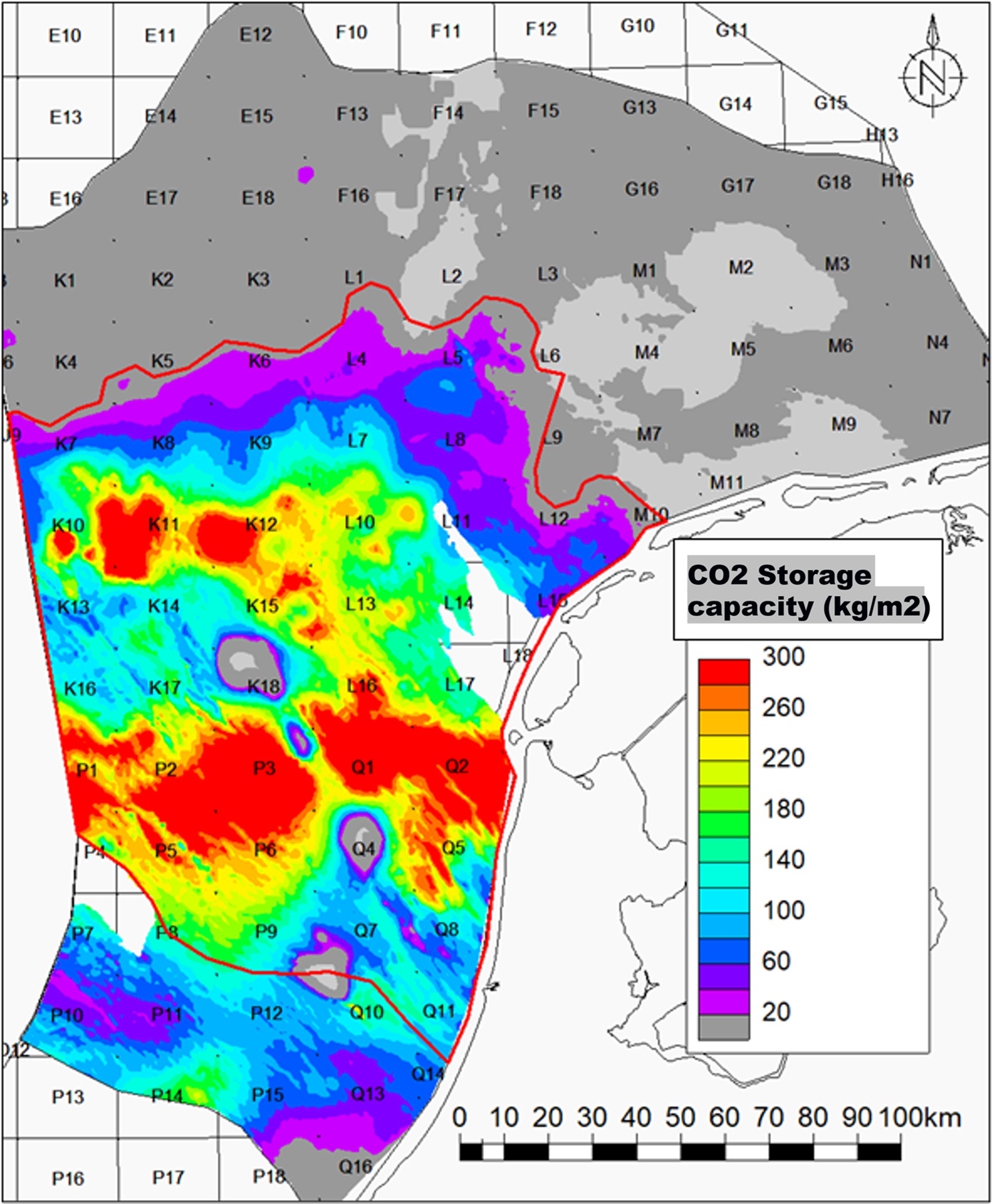
Geological Survey of the Netherlands
The study of CO2 storage capacity in empty gas fields and aquifers under the North Sea was carried out by the Geological Survey of the Netherlands (TNO-GDN). Within TNO, the GDN is organised as the independent subsurface knowledge and research centre.
TNO-GDN collects data on soil composition, geological structure of the subsurface, groundwater, soil bearing capacity and mining, among other things. It also informs and advises governments, industry and society on the use of the subsurface.
Finally, it carries out innovative research into geothermal energy, for example. In this way, TNO GDN contributes to solutions for social issues, such as energy transition, subsidence and raw material scarcity.
Get inspired
TNO–SodM–NIOZ: ‘Methane emissions in the North Sea often linked to shallow natural gas’


Heat
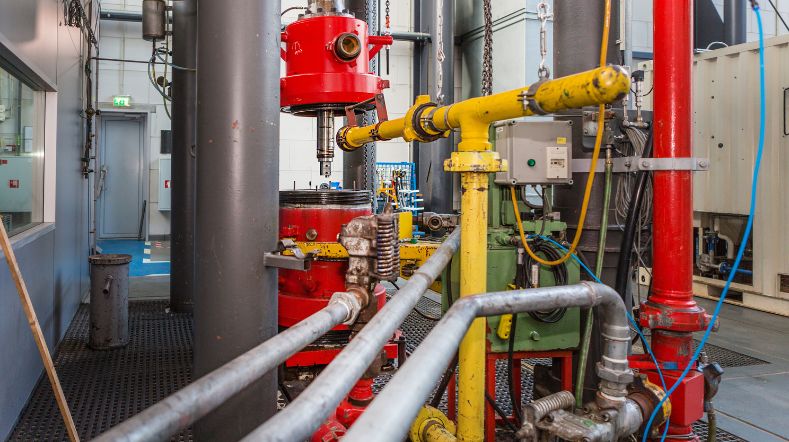

Geothermal energy: sustainable heat from the subsurface
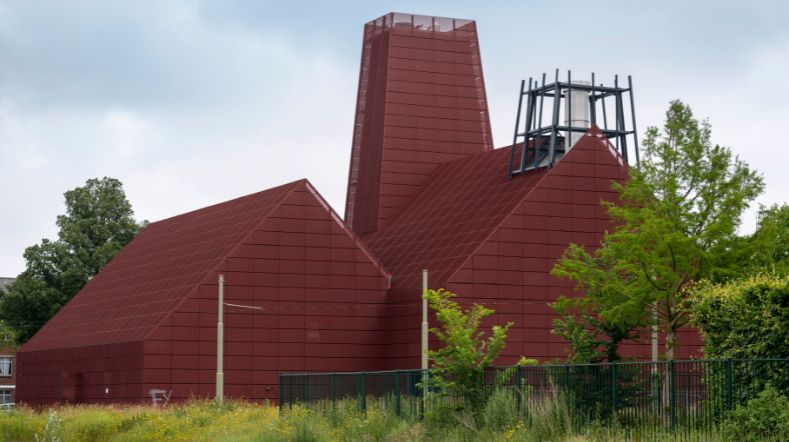

Smarter storage: how TNO optimises thermal energy storage
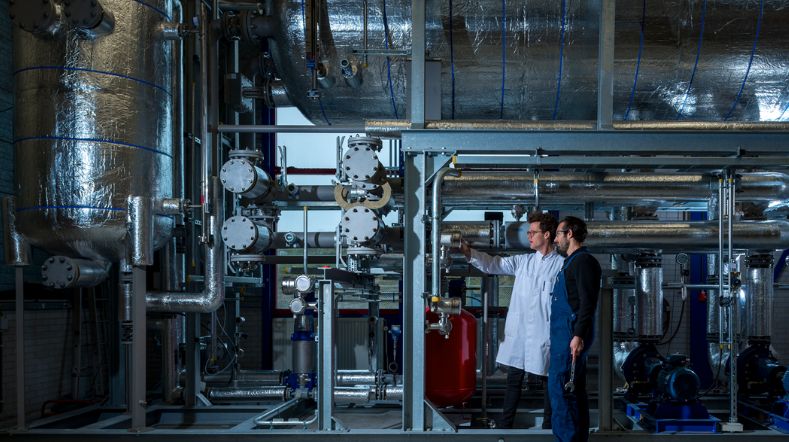

Heat system integration: aligning all the pieces
